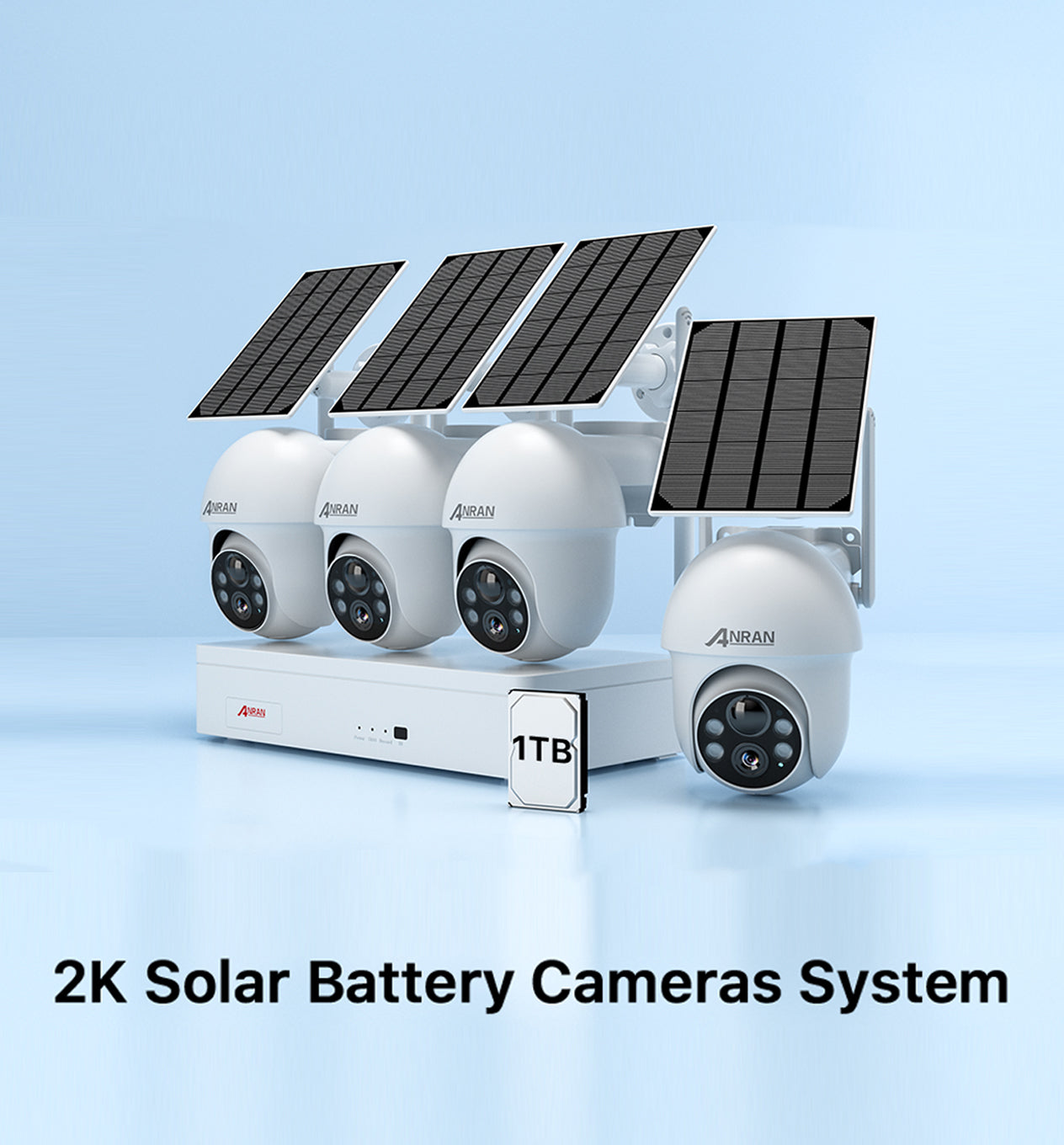Unlock the Secrets of 4G Wireless Security Cameras: Discover Why You Need One Today!
In today's fast-paced world, ensuring the safety and security of our homes and businesses has become more paramount than ever. As technology continues to evolve, so do the solutions available to us. This is where 4G wireless security camera systems step in, offering a modern approach to surveillance that meets our contemporary demands. With the ability to operate independently of traditional wiring and internet connections, these systems provide a reliable alternative for those seeking peace of mind. In this article, we will delve into the incredible features and benefits of 4G wireless security cameras, exploring why they are becoming the go-to choice for security enthusiasts and everyday users alike.

Understanding 4G Wireless Security Camera Systems
4G wireless security camera systems utilize cellular networks to transmit video and data, providing a seamless connection without the need for Wi-Fi or extensive wiring. Unlike traditional security cameras that rely heavily on internet connectivity, 4G systems can operate in remote locations, making them ideal for both residential and commercial use. This technology allows users to monitor their properties from virtually anywhere, as long as there's cellular coverage. For instance, a friend of mine recently installed a 4G camera at his vacation cabin, located far from the nearest internet provider. He can now check on his property whenever he wants, giving him peace of mind while enjoying his time away. This flexibility is one of the key advantages that sets 4G wireless security camera systems apart.
Key Features of 4G Wireless Security Cameras
When it comes to security, the features of a system can make all the difference. 4G wireless security cameras are equipped with high-resolution video capabilities, often offering 1080p or even 4K resolution, ensuring that every detail is captured clearly. Remote access is another significant feature, allowing users to view live footage or recorded videos from their smartphones or tablets. Night vision technology further enhances security by providing clear images even in low-light conditions. Additionally, many 4G cameras come with advanced motion detection capabilities, sending alerts to users when movement is detected. This means you can rest assured that any unusual activity will be promptly reported, enabling quick responses to potential threats.
Benefits of Using 4G Wireless Security Camera Systems
The benefits of investing in 4G wireless security camera systems are numerous. One of the most significant advantages is ease of installation; these cameras can often be set up in minutes without the hassle of running wires or configuring complicated network settings. Flexibility is another crucial benefit; users can place cameras anywhere they have cellular service, making it easy to monitor construction sites, remote properties, or even areas where traditional internet access is challenging. Reliable connectivity is a standout feature, as 4G networks are generally more stable than many home Wi-Fi systems, ensuring uninterrupted video feeds. Finally, the enhanced security monitoring capabilities provide users with the confidence they need to protect their assets, knowing they have a reliable system in place.
Specifications to Consider When Choosing a 4G Wireless Security Camera
When selecting a 4G wireless security camera, several specifications should be taken into account. Battery life is one of the most critical aspects; longer battery life means less frequent charging and greater convenience. Storage options also vary, with some cameras offering cloud storage, while others use local storage solutions like SD cards. Weather resistance is another essential specification, especially for outdoor cameras; ensure that the camera is rated for outdoor use to withstand various environmental conditions. Lastly, resolution plays a vital role in the quality of footage captured, so opting for a camera with at least 1080p resolution is recommended to ensure clear, detailed images.
Final Thoughts on 4G Wireless Security Cameras
In conclusion, 4G wireless security camera systems represent a significant advancement in surveillance technology, offering unmatched flexibility, ease of installation, and reliable monitoring capabilities. As we continue to prioritize security in our homes and businesses, these systems stand out as an essential tool for modern safety needs. Whether you’re monitoring a construction site, securing a vacation home, or simply ensuring the safety of your property, investing in a 4G wireless security camera system is a decision that can provide peace of mind and enhance your overall security strategy. Don't wait until it's too late—consider making the switch to a 4G system today!










Comments